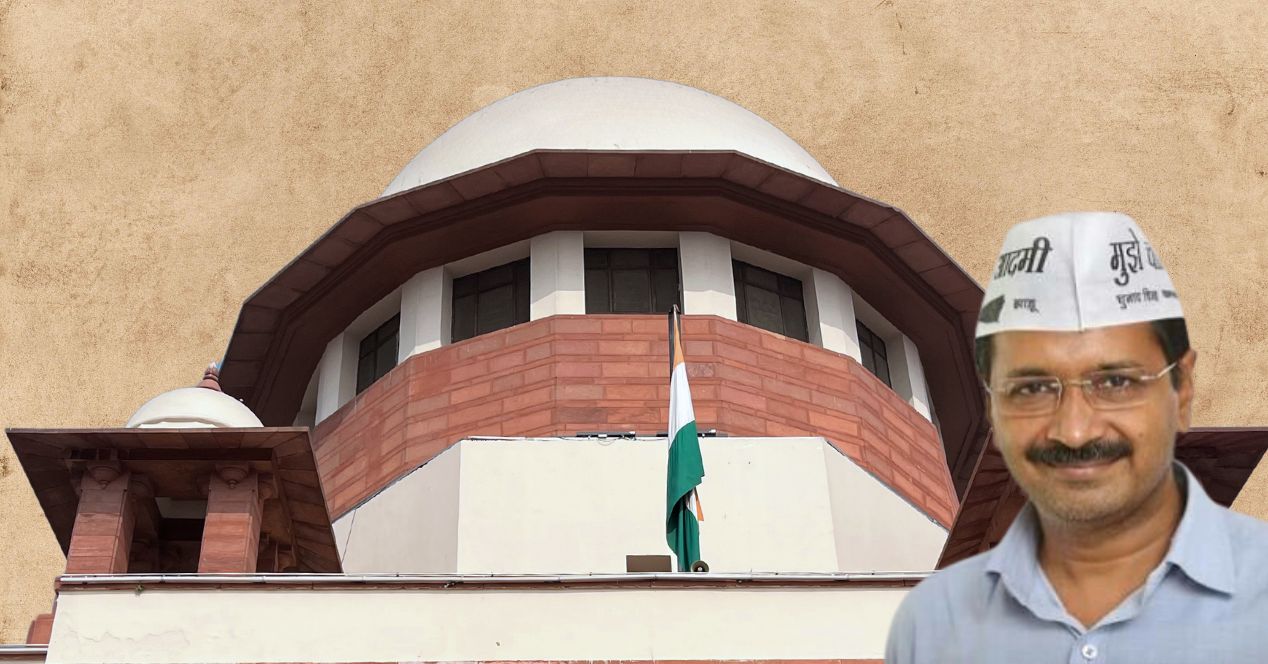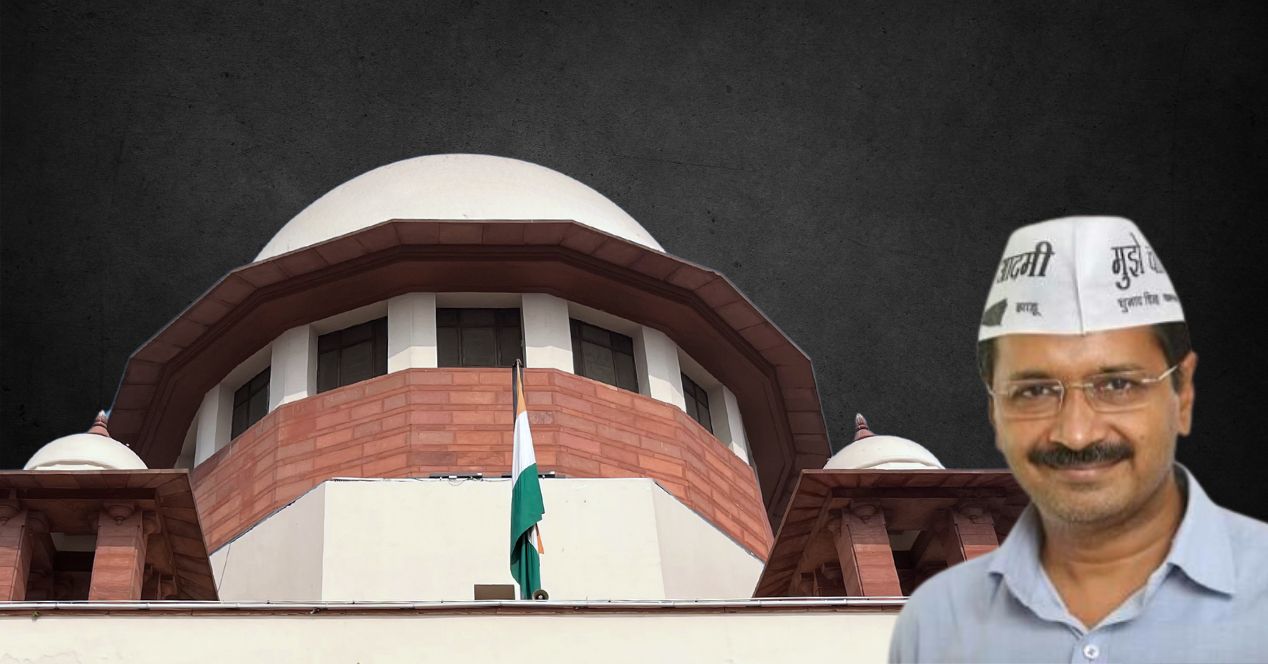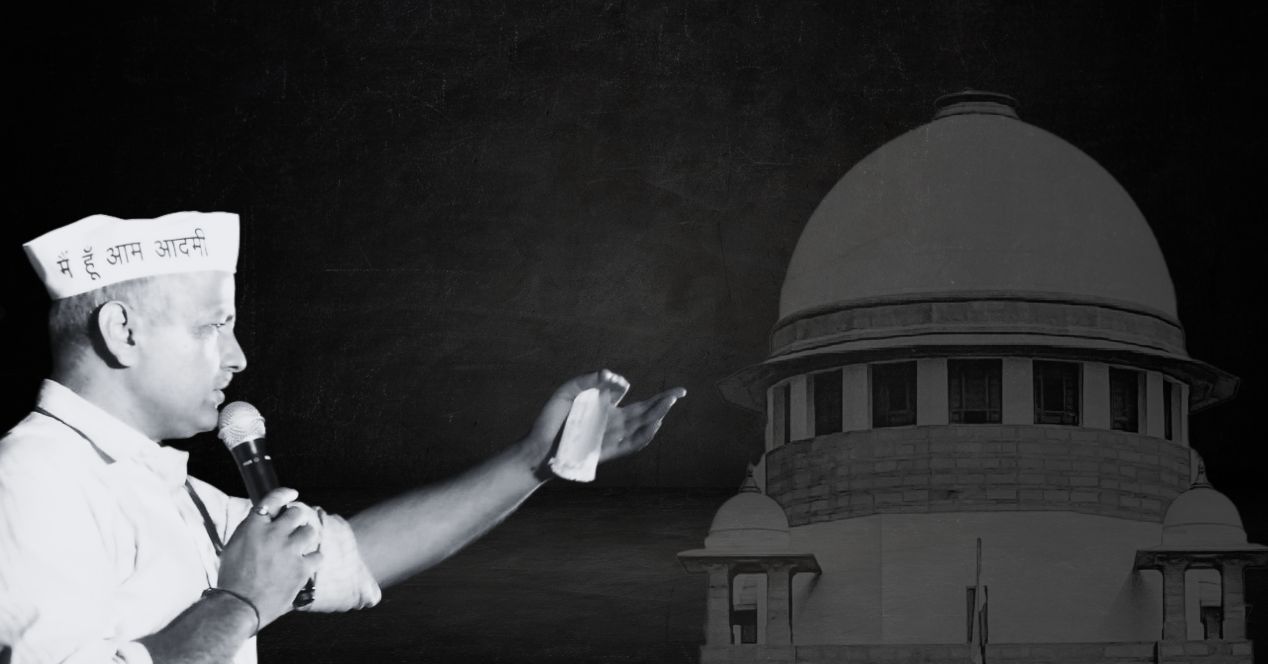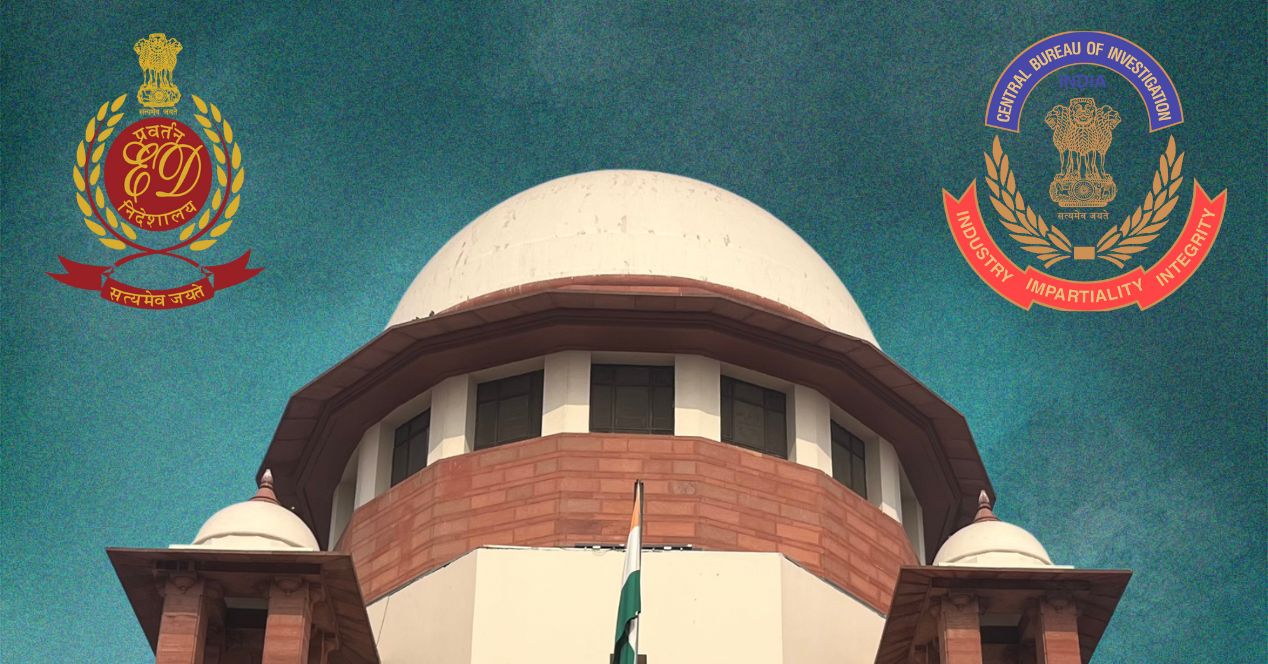Analysis
Supreme Court asks ED to demonstrate Kejriwal’s involvement in the Liquor Policy case
Relying on the timeline of events, Singhvi argued that the co-accused in the Liquor Scam case were pressured into implicating Kejriwal
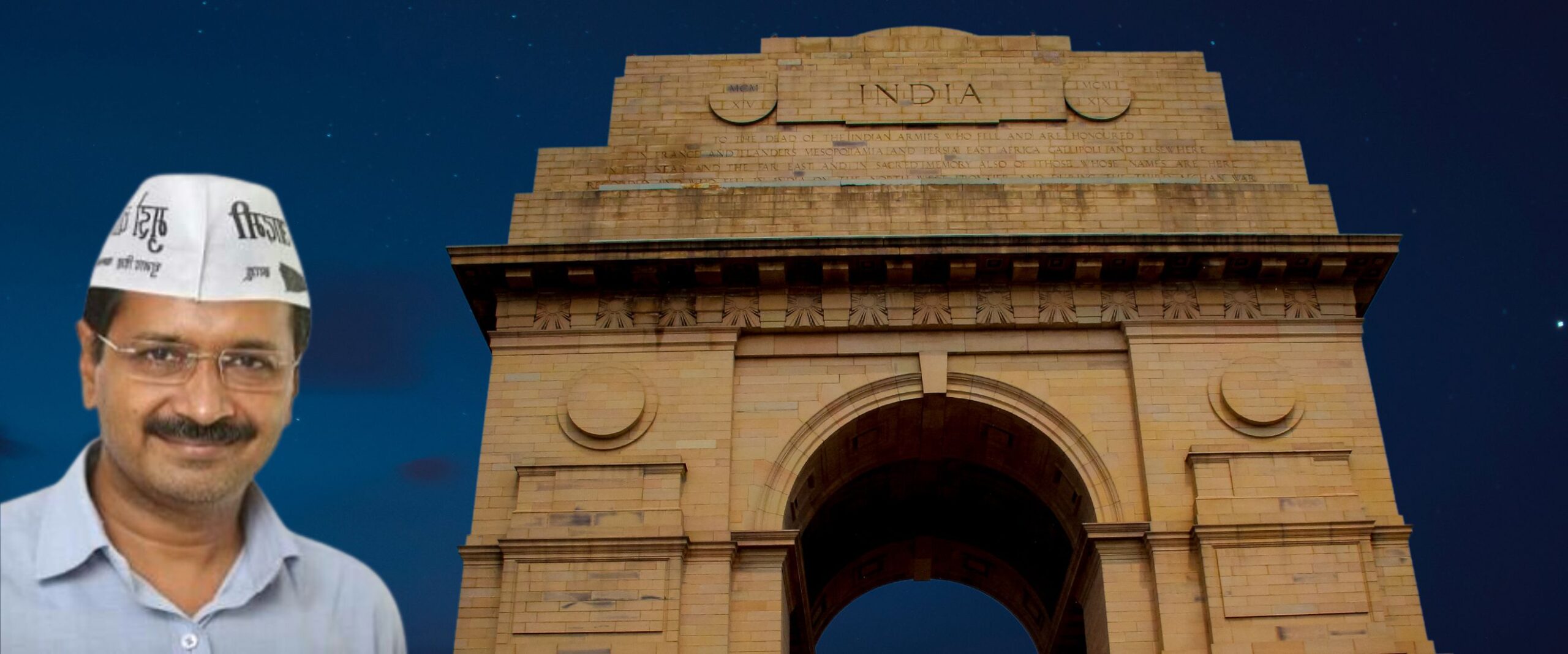
Today, Senior Advocate A.M. Singhvi continued arguments against Delhi Chief Minister Arvind Kejriwal’s arrest. In the previous hearings of the case, Singhvi had briefly argued that Kejriwal’s arrest did not meet the required criteria under Section 19 of the Prevention of Money Laundering Act, 2002. The “power to arrest” under Section 19 was not an “obligation to arrest,” he said.
In the hearings on 30 April, Singhvi pointed out how the accused in the Delhi Liquor Policy case, turned into star witnesses against Kejriwal after implicating him.
This list includes Magunta Srinivasulu Reddy, Raghav Magunta Reddy, and Sarath Reddy. Magunta Reddy is a Member of Parliament from Andhra Pradesh and a former member of the YSR Congress Party. In March 2024, he resigned from the YSR Congress and became a member of Telugu Desam Party (TDP), an ally to the ruling Bharatiya Janata Party (BJP). Raghav Reddy is son of Magunta Reddy, and is contesting in the 2024 Lok Sabha Elections from the Ongole constituency as a part of the TDP. Finally, Sarath Reddy is a director at Aurobindo Pharma Limited. Reportedly, five days after his arrest, Aurobindo Pharma donated ₹5 crores to the BJP through Electoral Bonds.
Story of “objection to no objection” of bail
Singhvi claimed that Raghav Reddy, who was arrested in February 2023, had not made any statements against Kejriwal. Raghav’s bail plea was initially dismissed. The Delhi High Court granted him interim bail for 15 days after his maternal grandmother was injured. The ED had opposed this interim bail and challenged it in the Supreme Court. The Court reduced it to six days. Singvi pointed out that soon after this push back from the ED against the bail order, Raghav Reddy’s father, Magunta Reddy, was pressured into giving a statement implicating Kejriwal. A day later, Raghav was granted immediate bail, with no objections from the ED. Singhvi urged the Court to “read between the lines.”
A similar pattern, Singhvi suggested, played out in Sarath Reddy’s interim bail application. His request for bail in light of his wife’s cancer treatment was opposed by the ED. After Sarath Reddy provided statements implicating Kejriwal, the ED’s objections disappeared.
Singhvi: ED must make relevant and irrelevant statements clear
Singhvi then pointed out that the ED suppressed several statements provided by Magunta, Raghav, and Sarath Reddy. He argued that all statements should be produced and provided on record. Additional Solicitor General S.V. Raju interjected and pointed out that the statements were irrelevant. To this, Singhvi responded that the ED should clarify in writing that the statements were irrelevant. He stated that the ED could reject statements but “cannot wish them away as if they don’t exist.”
Supreme Court: ED to justify on timing of Kejriwal’s arrest
In the previous hearing, Singhvi had argued that Kejriwal was arrested within a week after the model code of conduct was put in place in the run-up to the 2024 Lok Sabha Elections. At the end of the hearing, Justice Sanjiv Khanna stated that ASG Raju has to answer the several queries posed by Singhvi on Friday (3 May 2024) and commented that the timing of Kejriwal’s arrest was “concerning.” The ED must also make its submissions on this point. The Bench also directed the ED to substantially demonstrate Kejriwal’s involvement in the case.
The Bench also discussed Section 19 of the PMLA, which outlines the powers of arrest and has a high threshold for arresting an individual. Singhvi argued that the ED failed to meet these criteria in Kejriwal’s case. Further, Section 45 of the PMLA imposes stringent bail conditions and shifts the burden of proof to the accused in bail matters. The provision was upheld in Vijay Madanlal v Union of India (2022). Since Kejriwal has not yet applied for bail, the interpretation of Section 19 in his case remains an open question.

